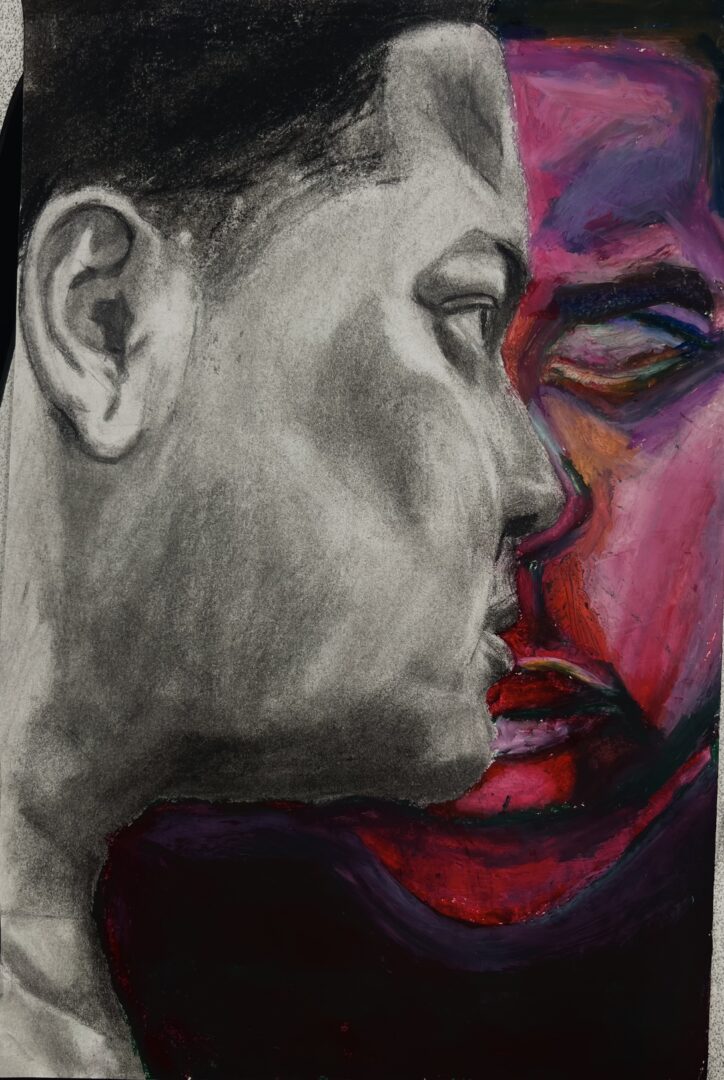
Boudreaux has a habit of losing things. Often they can’t find their pen or the book they put down when they take a break from reading. Along with the little things, Boudreaux also tends to lose things like pets and people, starting from their birth, when their biological father decided he would rather watch the Saints game than stay at the hospital, followed by the sudden passing of their great-grandmother a week later. The others were lost in the following order: pet frogs, pet fishes, pet hermit crabs, first best friend, great-grandfather, second best friend, pet toads. All except one of these were caused by the passing of said person or animal. Boudreaux finds that it’s best not to let these losses get the better of them. The lost will never be recovered anyway. Instead of trying to rewrite the past, Boudreaux clings on to everyone they meet because they have the innate fear that everyone will leave them in one form or another. Boudreaux finds they bond best with people who have the same mentality. It’s safer to be with people who are also afraid to be alone.
Boudreaux doesn’t experience grief in any sort of linear way, just like most people. Boudreaux goes from crying one minute to laughing the next and sometimes they even give themself emotional whiplash. They never quite fully heal (it’s impossible to do so when you lose someone) and Boudreaux finds that time is much less like a cure and more like a suture; it holds the wounds together and helps them close, but there is always a mark. Some days this mark will be more visible than others, some days it’ll throb and ache just like it did when it first appeared. Despite the discomfort this ache is proof that they were there, that they existed. Boudreaux has learned to accept this ache as enough.